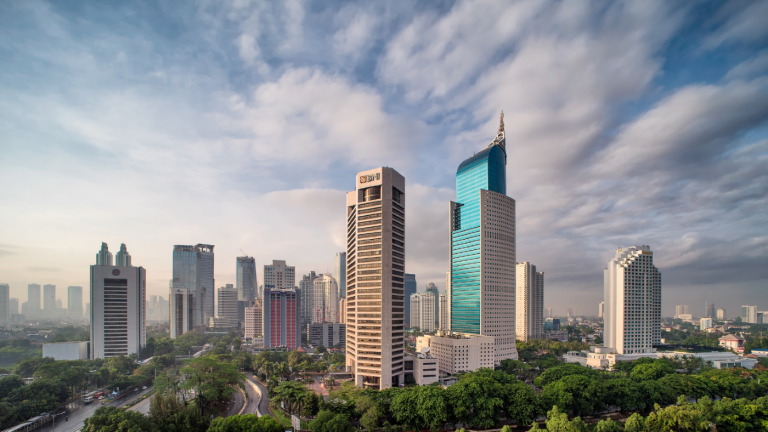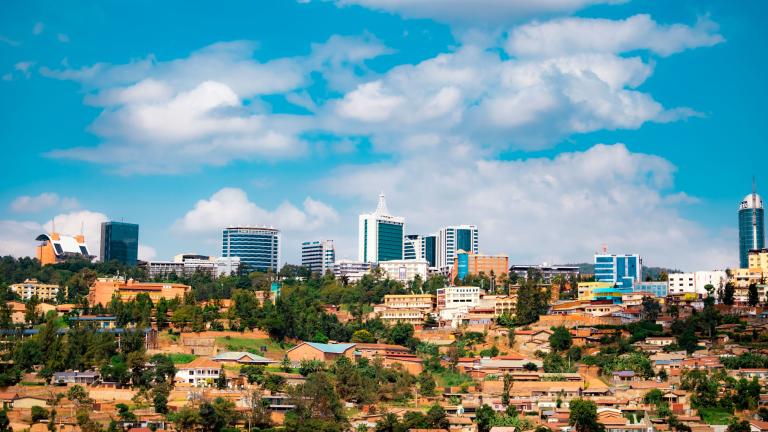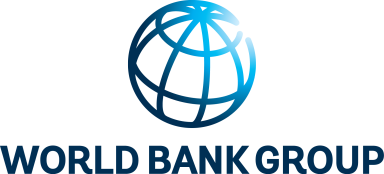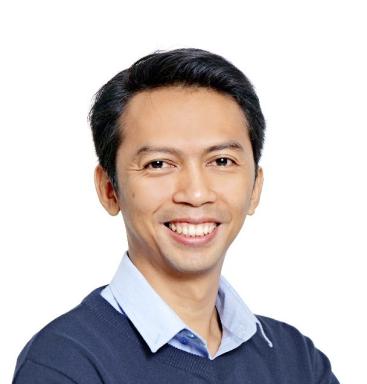Nina Nurrahmawati
The World Bank provides a wide array of financial products and technical assistance and helps countries share and apply innovative knowledge and solutions to the challenges they face.
The World Bank’s work in urban development aims to build sustainable cities and communities through an urbanization process that is green, inclusive, competitive, and resilient. The Bank invests an average of $5 billion in planning and implementing lending projects on sustainable cities and communities every year to help cities meet the critical demands of urbanization.
The World Bank adopts integrated approaches to transform the fundamental systems of cities, focusing on four priorities:
-
Enhance Planning System and Local Capacity: Helping cities strengthen their planning systems and local capacities to better design, plan, and manage city assets and urban environments.
-
Strengthen Fiscal and Financing Systems: Supporting cities to maximize access to finance, including through private sources and enhancing fiscal and financial systems.
-
Promote Territorial and Spatial Development: Analyzing cities not only as individual entities but as interdependent networks and identifying priorities of lagging regions, connecting urban and rural spaces, and addressing spatial inequalities to enable faster economic growth.
-
Build Climate-Smart and Urban resilience: Improving cities’ capacity to adapt to a greater variety of changing conditions and to mitigate the impact of climate change through building infrastructure resilience, mobilizing capital, and financing climate strategy and analysis.
STAFF & EXPERTS
Meet the staff and experts from the World Bank that form part of the UrbanShift team.
Projects
As an UrbanShift implementing agency, the World Bank leads local interventions in China, Indonesia, Rwanda and Sierra Leone.

China
With a population of 1.4 billion, China is the most populous country in the world and the second-largest economy. UrbanShift is engaged in three cities and one city cluster in China: Chengdu, Chongqing, Ningbo, and Chengdu-Chongqing Economic Circle.

Indonesia
Home to more than 270 million people, Indonesia is the fourth most populous country in the world and the largest economy in Southeast Asia. UrbanShift is engaged in five cities in Indonesia: Jakarta, Balikpapan, Semarang, Bitung and Palembang.

Rwanda
Rwanda is located in the Great Lakes region of East Africa and has an urban population of about 2.2 million. UrbanShift is engaged in the capital, Kigali, as well as six additional cities: Huye, Muhanga, Musanze, Nyagatare, Rubavu and Rusizi.

Sierra Leone
Sierra Leone is one of Africa’s smallest countries by size, with an urban population of 3.4 million. UrbanShift is engaged in Freetown and seven additional cities: Western Area District, Makeni, Koidu New Sembehun, Kenema, Bo, Port Loko and Bonthe.





